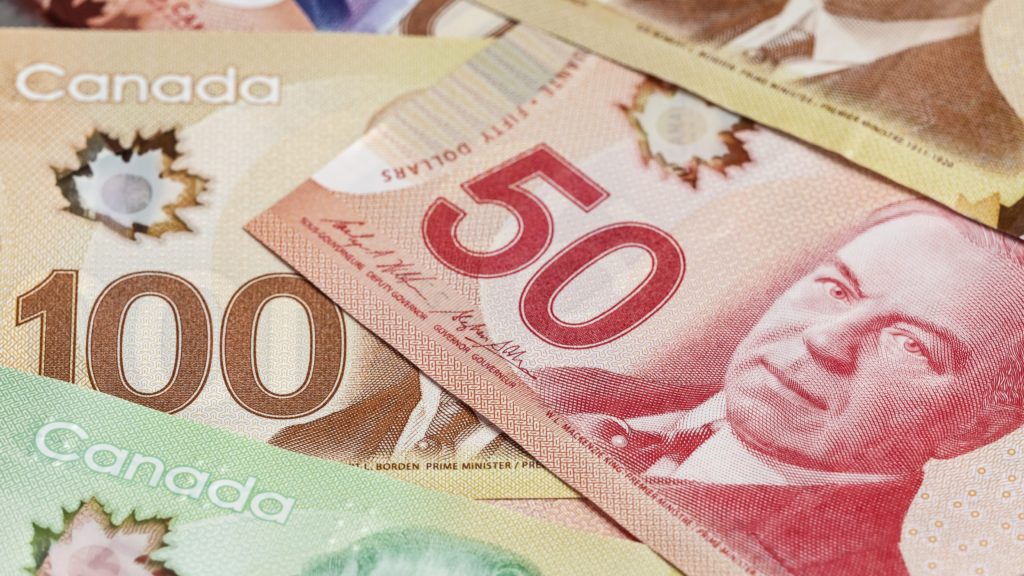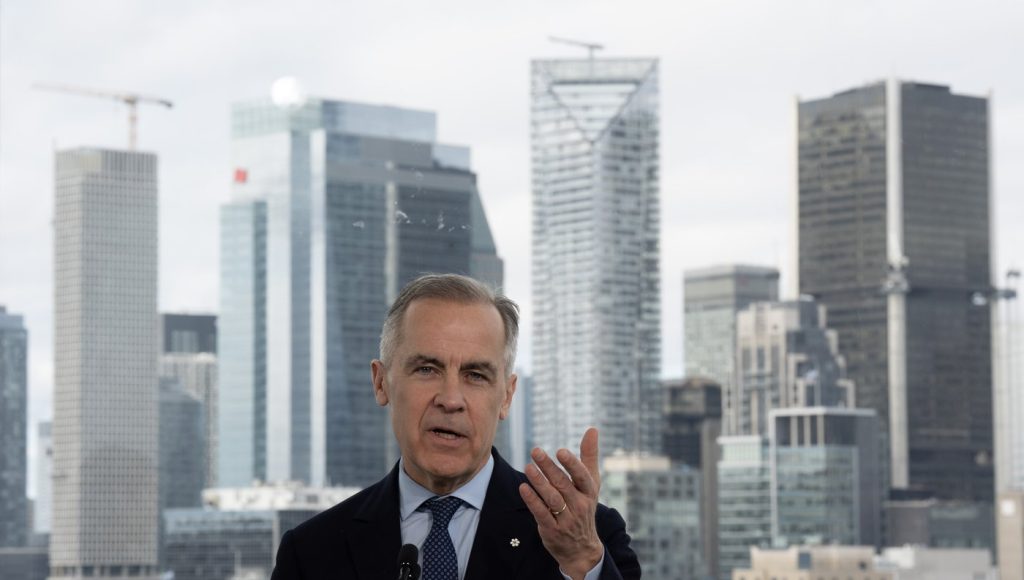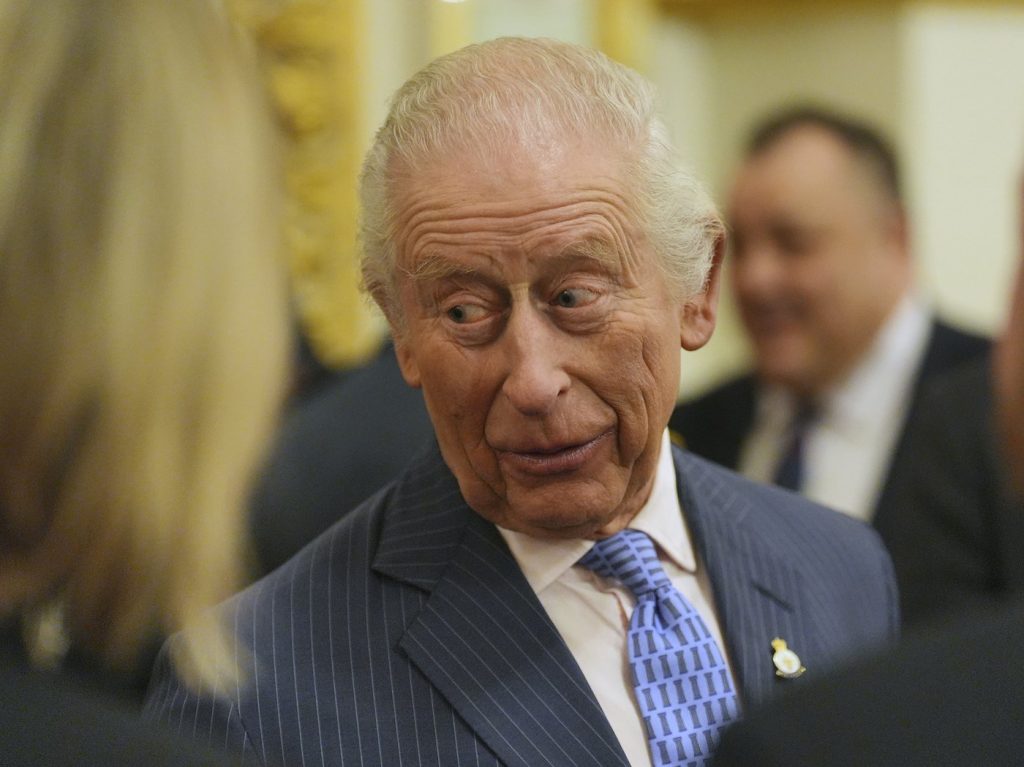Canadians struggling to stay financially afloat: H&R Block

Posted Apr 2, 2025 10:47:11 AM.
The trade war with the U.S., the financial markets taking a near daily beating, and the overall heath of the economy are having a major impact on Canadian’s bank accounts.
A new survey by H&R Block Canada says that stress is directly impacting how people feel about their finances. It says almost three-quarters of people they spoke to worry they’re not putting enough money into their savings. The general rule of thumb is to set aside 20 per cent of your take-home pay, but many people are saving only about seven per cent.
That falls hand-in-hand with one-in-10 Canadians saying their paycheque doesn’t cover their cost of living.
Across the board, 54 per cent of Canadians surveyed say they feel good about their current personal financial situation, compared to 46 per cent who do not.
Some feel this is their new reality — not having enough money and being stressed out about it.
“Looking ahead, 78 per cent say they’re likely going to have less to put into a savings account in 2025, given the high day-to-day cost of living. Nearly half of Canadians (46 per cent) say they’re unable to save money for long-term goals like retirement or a home, as their paycheque goes to their immediate needs. One in three Canadians (33 per cent) feel they may as well enjoy spending their money as buying a home feels out of reach for the foreseeable future,” the accounting firm said.
The lack of savings also means people may be forced to dip into debt.
“Nearly half (48 per cent) of Canadians rely on their credit card to make larger purchases versus tap their savings, and 17 per cent instead rely on installment payment options including buy now pay later. More than half of Canadians (56 per cent) worry that they’ll have to go into debt or use a credit card if an unexpected expense comes up rather than rely on their savings; for example, to replace an appliance, home repair costs, dental costs, etc.,” it added.
There’s also an age disparity in demographics when it comes to who is focused on saving:
- 18-34 year-olds: 46 per cent
- 35-54 year-olds: 16 per cent
- 55 plus: 4 per cent
The silver lining is that it is tax season, and many are relying on a refund to help pad things out.
“While many Canadians hold a mix of tax-friendly savings accounts, it’s clear that Canadians are feeling the financial strain of not having enough money left from their paycheque to put into savings, given the high cost of living,” said H&R Block tax expert Yannick Lemay. “The good news is that 65 per cent of Canadians expect a refund this year, up from 36 per cent last year, of which a significant portion is likely due to investing in tax-friendly savings plans such as RRSPs.”
The money contributed to an RRSP is tax-deductible, so it lowers taxable income for that year. The 2024 contribution limit is up to 18 per cent of income.
“Beyond building up savings for your long-term financial security, putting money into tax-friendly savings helps reduce your taxable income and puts money back in your pocket,” said Lemay.
“For example, let’s say you earn $70,000 annually and you contribute $10,000 to your RRSP, you reduce your taxable income to $60,000. If we assume a 30 per cent tax rate, you save $3,000 in tax while benefiting from building savings. Similarly, if you put the annual of $8,000 into an FHSA, on an income of $70,000 you would save about $2,400 in tax savings. If you to do both, your total tax savings would be $5,400 in your pocket.”
This year’s tax deadline is April 30.








